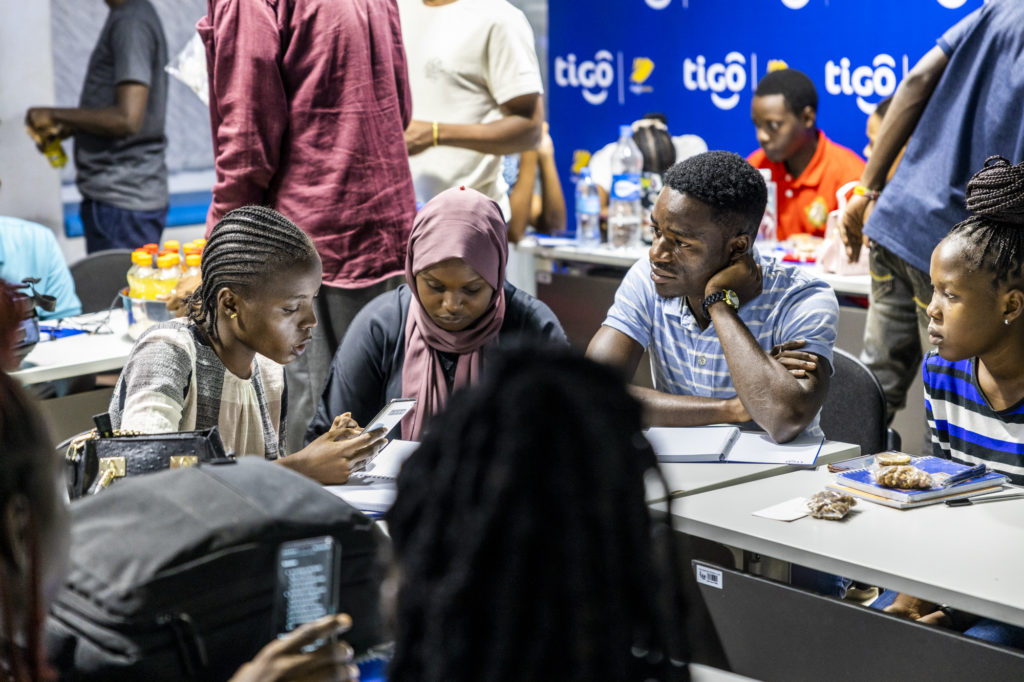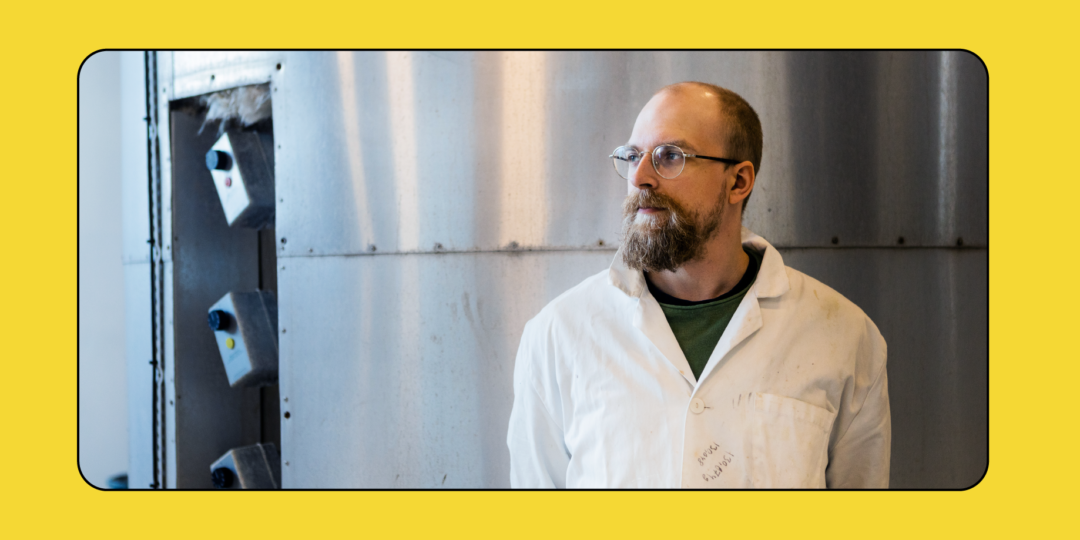I recently visited Uganda and Tanzania together with Junction CEO Iida Loukkaanhuhta to join our partners in co-organizing the sustainability hackathon Solve the SDGs, which took place in the two countries at the same time as in Finland. There, we had a chance to talk with local students and young professionals about their countries’ sustainability issues. The people we spoke with highly regarded sustainability and wished their governments would do better. We found four reasons why they are not. These findings could help businesses wanting to enter Africa understand the market better.
It should be noted that as a continent, Africa only accounts for 2–3% of the world’s CO2 emissions, so it is by far not our biggest concern when it comes to climate change. However, many countries, Uganda and Tanzania included, suffer from pollution, diseases and loss of biodiversity — problems that often go hand-in-hand with other sustainability issues.
1. Laws are better than their implementation
Asa, our colleague in Uganda, said it well: “We have the best laws. Implementation is another question.” Whether it comes to traffic rules, littering or cutting forests for profit, many people ignore the law, as there are often no repercussions. We saw people driving so recklessly it would make even an Italian faint, and we were told it was not legal. But no one ever gets a ticket, so why change their ways? Littering is illegal, but no fines are given for it. One student in Tanzania told me that a few years ago, the government banned plastic bags, but after a short while, people noticed that they could get away with still using them. Now, he said, they’re still being used.
2. Infrastructure doesn’t support sustainability
One of the solutions created in the Finland hub of Solve the SDGs was an app for scanning trash to see to which recycling bin it belongs. A great idea, but in Tanzania, there are no recycling bins. Everything goes into the same bins; the only thing that gets recycled is what someone can do business with. “There is no sorting by consumers. Whoever picks up the trash must go through them, and they only separate things that still have value,” one of the students told us.
We have the best laws. Implementation is another question.
Even regular trash bins can be hard to find, so littering is a huge problem, at least in Uganda, Tanzania and, based on my previous experience, Zambia. A student told us that some time ago in Tanzania, the government wanted to reduce littering, so they banned it and installed a large number of bins. However, it seems no one was responsible for maintaining the bins, as they soon became unusable. Now, it’s often a struggle to find even one.
3. Education doesn’t reach everyone
This one is rather obvious, isn’t it? The higher the education level, the better-equipped people are to solve complex problems. In Uganda and Tanzania, primary education is either free or heavily subsidized by the government, making it financially feasible for almost everyone. Higher education, however, is more expensive and inaccessible for many, especially in rural areas.
A lack of education leads to a lack of understanding. Tanzanian students tell us that in many parts of the country, people do not understand that their actions have consequences on the environment. Without education, climate change might seem like something we don’t have control over. “Some people don’t believe in climate change, or they think it’s not caused by humans. It’s always hot, so they think it’s normal,” one student told us.
4. Financial issues prevent better choices
Even if people want to live more sustainably, they sometimes can’t afford it. Especially in rural areas, the cheapest way to produce heat for cooking and energy is by burning wood or coal. Being aware of better alternatives like gas or solar power doesn’t help if you can’t afford them.
Financial problems also prevent children from going to school, as their parents can’t afford tuition, books, uniforms and so on, or if the children need to support the family by working. Extreme poverty in some parts of Uganda feels all the worse since we heard from Asa that their high-ranking politicians make thousands of dollars a month while even a well-educated worker earns maybe a hundred.
Despite the big problems that weigh heavily on their countries, the youth in Uganda and Tanzania are optimistic and hopeful about the future. They believe — no, they know — that they can make a change. We saw this first-hand in Tanzania during the Solve the SDGs hackathon, where dozens of talented young students worked over a weekend solving these very problems. In just two days, they came up with innovative solutions for affordable solar power, job-searching and reducing agriculture emissions. It seems Africa is in good hands.





